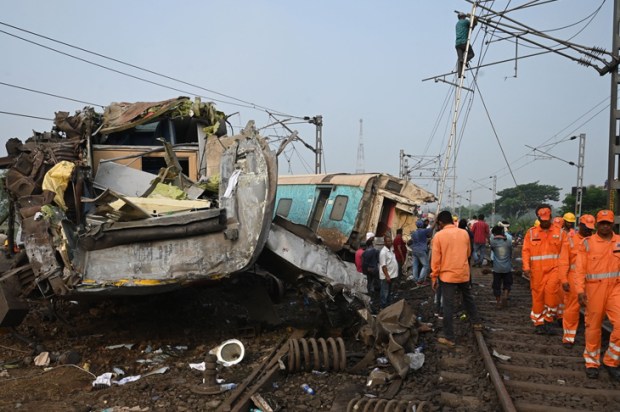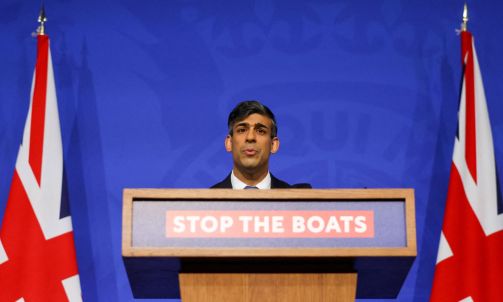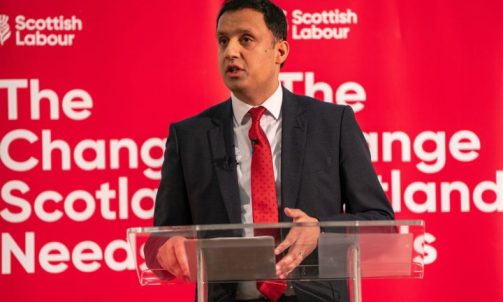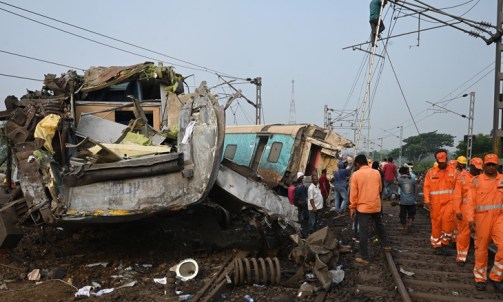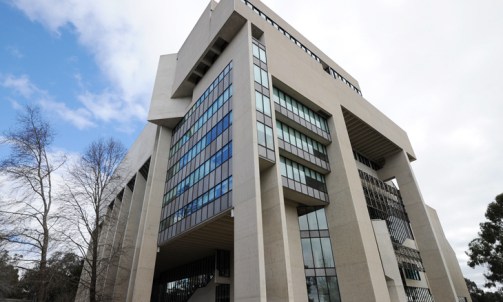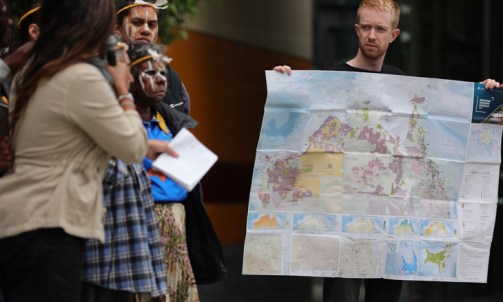The tantrum of the ‘Yes’ campaign and its supporters following their referendum loss is symptomatic of a class of people suffering from a troublesome level of self-entitlement and a sense of moral superiority.
It reflects an attitude that can only emerge in a nation where people live in a group-think bubbles, indulging their lack of perspective which is reinforced daily by those around them.
Such is the Australian bureaucrat class.
This particular class of society tends to live and work in our inner-cities and lurk within government and corporate institutions.
They’re not tradies, or small businesspeople, or front-line emergency responders – they would never survive in an environment that requires daily performance measurement and instant accountability.
The ‘Yes’ class are the class that make all the rules. They stifle the productivity of the producers in our society, and make life more difficult for everyone else. Red tape and green tape are their tools of power.
They inhabit government department managerial offices, corporate HR, legal, PR departments, law firms, consulting firms, and training companies. In ancient Chinese society (and in modern China) these were the people who held the ‘chops’, the official government stamps needed to authorise and control.
They mirror the archetypes of the British civil service who delight in hindering, meddling, policing, and enforcing. Justifying their lack of productivity and true success with political gameplay and the wielding of arbitrary power.
Worse than the wealth they prevent individuals and the nation producing, is the wealth they take for themselves. The worst example of this post-referendum was the news that the Queensland state government of Labor’s Annastacia Palaszczuk was offering any public servant who felt they needed it, five days off with full pay to mourn the loss. That such an idea could be floated with any level of seriousness, let alone be implemented, reveals how severe this gap between the rulers and the ruled has become. What small business person or tradie could afford such a personal self-indulgence? Further, what small or medium-sized business could afford to offer such a benefit to its employees and compete in the market for top talent?
What the Voice laid so plainly bare for all of us to see was that our country is roughly divided in two: those who know the cost of things and produce – and those who make the rules, and take.
The first and most glaring indication of this bureaucrat class being completely out of touch was the inverse nature of the Voice vote in the Australian Capital Territory: 61-39 vs 39-61.
That was obvious on election night and is perhaps all that needs to be said on the matter. But a deeper dive into the electorate-by-electorate vote unveils two clear dividing trends: tertiary educated vs non-tertiary educated; and high-income vs low-middle income. Of the 151 federal electorates, only 29 saw a ‘Yes’ victory – the inner-cities had the widest margins.
In my view, this proves the long-held perspective that, those of us with a tertiary education are not necessarily better at analytical thinking and reasoning but rather we have merely been exposed to a different ideological framework. The dominance of post-modern, neo-Marxist, identity politics (call it what you will – it’s the worldview of left) in academia has, with the boomer generations and their children, come to dominate the halls of power in this country. Covid proved the point when millions of producers were left at the mercy of the bureaucrat class.
Before I am accused of Marxist-style over-simplification of the world into classes, let me clarify that I believe there are many degrees and combinations of these factors lurking within wider society and perhaps even within individuals. Not all public servants sit in the bureaucrat class, especially those on the front line and those who contribute to the nation’s productivity rather than obstruct it. But the data from this referendum shows we have a worrying disconnect between the producers and the administrators. This isn’t sustainable.
There can be only one of two outcomes. Firstly, the bureaucrat class could double down in anger and heighten a push to further regulation and control, causing the producers to give up, retire to the beach, or move abroad. This would lead to stagnation in innovation, production and wealth, tax revenue will plummet, debt will rise and the bureaucrats will run out of other people’s money to spend.
Or, the bureaucrat class get the message, restrain themselves, unwind excessive regulation and control, drop identity-politics-related programs and seek to properly serve the producer class instead of ruling over them. This will cause producers to re-engage, build businesses and create employment, drive innovation, production and wealth, tax revenue will be adequate to sustain this trimmed-down bureaucracy and there will be enough left over to pay down the crippling debt.
If I were a betting man, I’d say the naïve response of the referendum’s losers and the subsequent push now for ‘misinformation’ laws, suggest the control freaks will stand triumphant atop a pile of ruins and rubble in a decade or so, and first scenario is sadly far more likely. But we live in hope, and those of us working for the second outcome must carry on fighting each battle as it arises.
Imagine though, how great our nation could be if we united behind true laissez-faire free market liberalism, low-tax, and minimal regulation. Alas, we suffer at the hands of those who believe they know what is best for us and think they have a monopoly on ‘good’.








